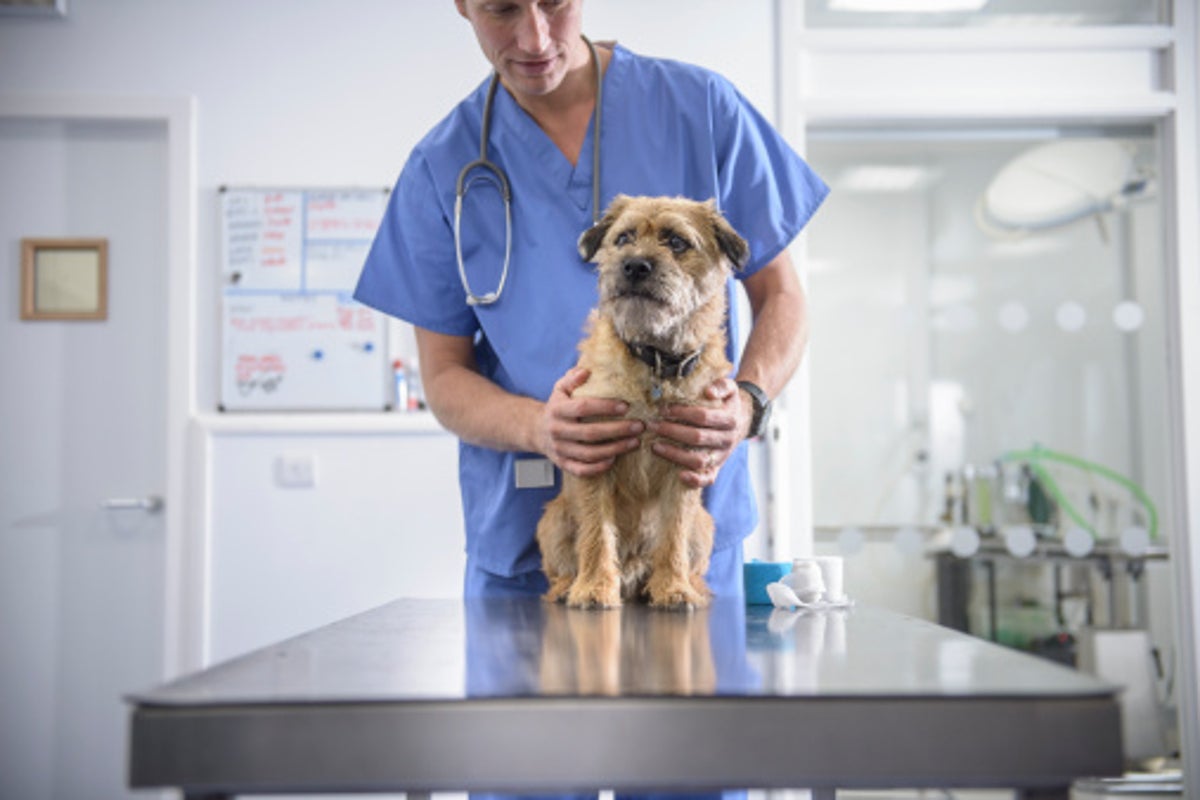
Over the last few weeks, the US has begun to hear reports about what is being called a respiratory dog illness that is beginning to concern veterinarians and pet owners.
Vets have warned that this sickness is highly contagious and could be potentially fatal. Oregon, Colorado and New Hampshire are among the states that have seen cases of the illness, which has caused lasting respiratory disease and pneumonia and does not respond to antibiotics. Because the disease is still so new, experts are still attempting to determine what’s causing the current outbreak, how widespread it is, and how many previously healthy pups have become seriously ill or died.
Due to the sudden severity of the new illness, dog owners have expressed their fears that this could happen to their beloved canine family members. Just recently Wendy Brown, from Idaho, told Good Morning America her three golden retrievers — Bridge, Dooley and Lulu —started showing symptoms of the mystery illness earlier this month.
“Dooley started doing kind of this huffing and also seemed to feel quite lethargic,” she said. “Not too long after, Bridge began to exhibit the symptoms. But his were louder, more boisterous. I thought it was his stomach because he made like a retching sound.”
She said after 10 days and a dose of doxycycline from the vets, her beloved pets are still not feeling much better.
Here are the symptoms to be on the lookout for if you are a dog owner.
The typical first symptom is a cough, which may last for weeks or even months, according to Today. In some dogs, the cough turns into pneumonia, causing them to struggle to breathe. The symptoms may appear very similar to kennel cough, another common illness in dogs.
According to the American Kennel Club, kennel cough can occur at places where large numbers of animals are in close proximity, like boarding kennels, daycare facilities, dog parks, dog training groups, and dog shows. The disease can be spread through airborne droplets, direct contact (like touching noses), or contaminated surfaces (including water or food bowls).
This is essentially a version of the dog flu, meaning the symptoms of kennel cough are coughing, sneezing, nasal and/or eye discharge and lethargy.
What makes kennel cough different from this new respiratory illness is that kennel cough is a dry cough while the new one will be a wet cough. Usually, brachycephalic or flat-faced dog breeds such as French bulldogs or pugs, senior dogs or dogs with underlying lung disease are more at risk of developing pneumonia from a respiratory infection.
However, similarly to kennel cough, the new sickness is also spread when dogs are in close proximity to one another, experts told Today.
Many dogs will recover from the respiratory illness on their own. But if the dog has difficulty breathing or stops eating, it could be a more serious problem and the dog should be taken to a vet.
It is also recommended that any dogs showing signs of consistent coughing should be brought to a vet to be examined.
Dogs that are showing symptoms should stay away from other dogs during the length of their illness, as well as for two weeks after the cough goes away.
According to the American Veterinary Medical Association, one way to protect dogs from this respiratory illness is to ensure dogs are fully vaccinated (waiting two weeks after vaccination) and to avoid contact with other dogs from outside their household until the illness is contained. This includes trying to avoid boarding the dogs for the holidays.
And although it is rare for humans to contact the illness, it is recommended that people wash their hands after being around dogs just as a precaution.



.png?w=600)



